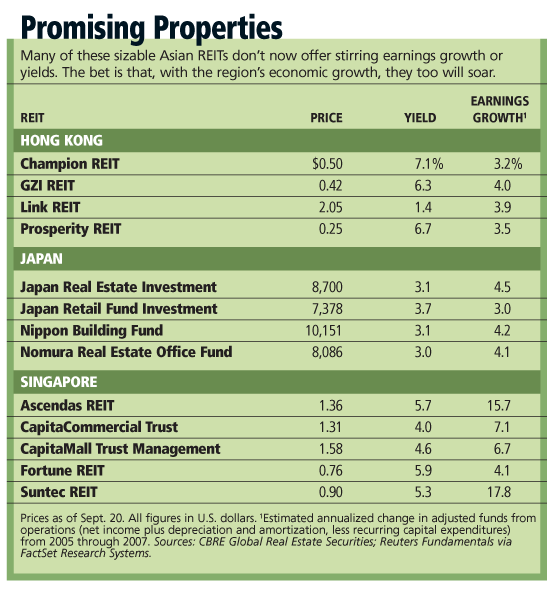REIT Investors Spooked by Jobs Report Should They Be
Post on: 21 Август, 2015 No Comment

By Dees Stribling, Contributing Editor
REITs did an interesting thing not long after the BLS jobs numbers were published on Friday: share values took a dive. The 166-company Bloomberg REIT index dropped 2.8 percent, its largest decline in about six months. REITs specializing in healthcare and net lease properties did the worst (at least for the day), suffering 4.1 percent and the 4.2 percent drops, respectively. Investors are known to be a skittish lot that moves in herds—so what spooked the herds this time? It seems the employment report was too good. Not only were the January numbers hiring numbers strong, the December and November numbers were revised upward to new heights of employment strength.
That’s generally a good thing for real estate, since more jobs means more consumer spending (good for the retail and industrial markets), expanding companies (possibly good for office market) and more household formation – possibly good for apartments, though perhaps some of the newly employed are thinking about buying a residence at long last. Even hotels stand to do better in an expanding economy, with more business and leisure travels to serve, though that property type has recovered fairly well in any case. Yet investors also know that it takes time for the benefits of higher employment to filter through to real estate, which, after all, is a lagging indicator. Because of the strong hiring picture, closer to the horizon is the prospect of higher interest rates.
Will the Fed decide to raise interest rates, now that the economy seems to be able to stand it? The answer remains maybe, but many investors and other observers believe that a summertime hike in rates is more likely than not. Among real estate players, REITs stand to be hit twice by such an increase in interest rates: once from a higher cost of capital (like everybody else), but also because greater Treasury returns makes that form of investment more competitive with REIT shares. Low interest rates have been helping buoy REIT share prices because it’s been hard to find investments with better returns in a low interest-rate environment than REITs. The more “normal” an interest-rate environment is, the less appeal REIT returns have.
On the other hand, REIT investors might be spooked without much immediate cause. For one thing, an interest rate rise is still no sure thing. There are still a few more months of jobs reports and other economic data to consider, and anything can happen between now and summer. But even if rates go up, it isn’t likely they’ll go up a lot or very fast. The Fed has proven itself very slow to raise rates (some were calling for it back in 2012, but the central bank has resisted). The winding down of QE3 likewise caused investors brief bouts of dyspepsia, but that stimulation of the economy went away gradually, everyone adjusted, and the neither economy nor real estate seems no worse for it. A very slow rise in interest rates, after the initial shock, might have a similar minimal impact.
Tags: economy watch. job numbers. REIT














